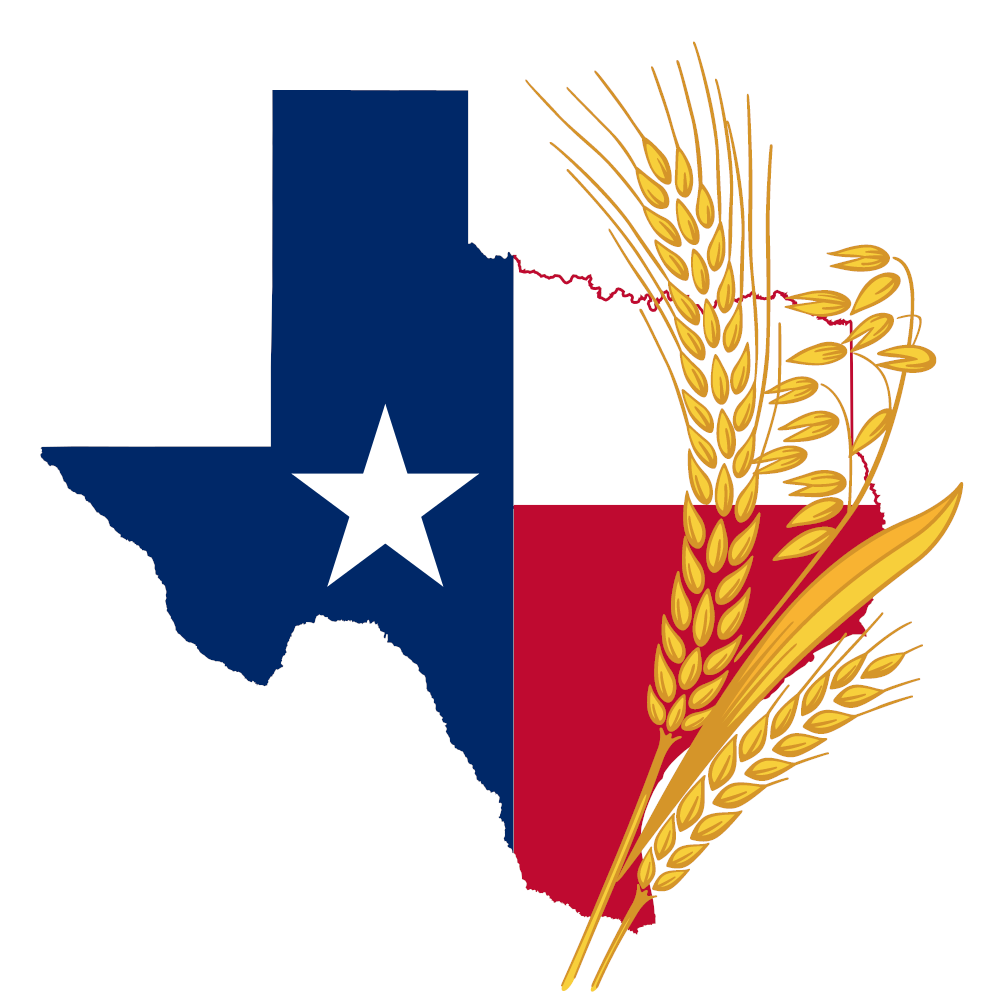As Texas begins week three of “Stay Home, Stay Safe”, nearly half a million Texans have filed for unemployment. And according to the National Restaurant Association, 2% of Texas restaurants have gone out of business. At a time when government revenues are desperately needed, it doesn’t help that oil is near all time lows. State and local leaders are going to have to make some tough decisions.
When economic activity slows, government revenues go down. And we see that especially in state and local governments, like Texas and Houston, that rely on sales taxes. Just looking at Fiscal Year 2019 budgets, sales taxes comprise between 13% and 26% of Houston and Texas’s budgets respectively. And if unemployment stays high, the housing market could start to dip, hurting property tax revenues – the other large component of local government revenues.

So now seems like a good time to talk about taxes and whether our current system is up to the challenge. And from the Democratic point of view, it’s worth re-examining the current support of property taxes and local control.
State and Local Budgets 101
The State of Texas famously does not impose a personal income tax. Instead, we have a 6.25% sales tax on most goods and services (though not all), a state gas tax, and a business franchise tax. The other large chuck of money comes from the federal government, mostly to fund Medicaid. Together, that’s 80% of the budget. You can see the revenue breakdown on the Comptroller’s website.
At the local level, cities and counties are allowed to charge up to an extra 2% on top of the state sales tax. That’s how you get the familiar 8.25% charge in many cities. The State also gets cities and counties to be the bad cop and collect the property taxes that fund public schools, city and county governments, and special projects like hospitals and flood control districts.
Like forty five other states and DC, Texas is required to pass a balanced budgets. That means the spending going out must match the revenue coming in.
And during a crisis this can be a problem.
Governments need the money
Last week, the City of Houston set aside $5 million for COVID-19 relief efforts. According to Mayor Turner, the money will go towards “anything that is COVID-19-related”. He “[expects] all those funds to be reimbursable,” (hopefully) by the state and federal government.
At the same time, Gov. Abbott has (correctly) waived co-pays for state employees seeking treatment for COVID-19, increasing spending on the state side. The Governor is also spending money distributing much needed medical supplies. And school districts, who cost share with the State, are continuing to keep support staff on payroll.
More money will probably be needed before this is all over. Students moving to online learning will need computers; state employees will need more video conferencing software; and the City of Houston’s $64,000 purchase of hand sanitizer is only the beginning.

But how where will the money come from if revenues are going down?
Time to check the rainy day fund
At precisely the time when the State and local government need to spend and move resources, like during COVID or Hurricane Harvey, government revenues drop. People just aren’t driving as much (gas tax) or buying much as much (sales tax).
Texas Comptroller Glenn Hegar, our tax and revenue czar, confirmed last week that State revenues would be down. He did not release an official update, but he says it’s “unlikely” that the State will have the $2.9 billion he previously forecast when the fiscal year ends. And Chris Brown, Houston’s City Controller, is already seeing red ink. He has said the City could be short over $300 million.
One way to deal with a cash shortage is like any family would – with savings. The City of Houston General Reserve has between $187 and $203 million. That would help, but not be enough.
At the state level, Hegar has estimated that Texas will have near $8 billion in its rainy day fund. That’s enough to make up approximately 6% of one year’s pre-COVID budget. Depending on how deep the recession is, that may not be enough.
Crises prompt tough decisions but the Feds can help
In order to help states and local governments deal with the financial pressure, Congress included $150 billion in aid in the CARES Act, or an average of $3 billion per state. While that’s helpful, it’s unlikely to plug the COVID-sized hole in the budget. Governor Cuomo (NY) is already saying it’s not enough and local lawmakers here in Texas are already hopeful that the Feds will send more money to help with infrastructure.
But where does Washington get the money?
The difference between Washington and the States is that Washington does not have to balance their budget. And right now, that’s a good thing.
As I’ve said before, interest rates are actually negative. If the US borrows $100 from banks, taxpayers only have to pay back $99.58 (including interest). When we have real public health and social welfare challenges, its money well spent.

Different visions imply different tough decisions
But we can’t always rely on bailouts from Washington. Eventually interest rates will go back up. Going forward, it’s worth thinking about our budget structure.
Today’s fundamental budget fight in Texas is between libertarians that want low taxes and low spending and communitarians who want higher taxes and higher spending. The challenge is that these two groups control two different levels of government.
At the state level, libertarians (mostly Republicans, but some Democrats) have succeeded in cutting taxes and limiting spending. That’s why they prioritized using the rainy day fund to reduce school district property taxes.
But at the local level, communitarians (mostly Democrats, but some Republicans), are happy with increasing tax revenue (funded by increasing property taxes) to spend on public investments and services, like school funding, road and hurricane infrastructure, and hospitals. That’s why they opposed the Legislature’s effort to cap the growth of property tax revenue.
The communitarians believe that if Texas won’t pass a state income tax, then they must protect the right of local governments to use growing property tax revenues without conditions. They believe that’s the only way to get the money to invest in necessary public services. As added bonuses, State law makers can’t raid those funds and during recessions, property tax revenue doesn’t decline as much as sales tax revenue.
I’m in the communitarian camp, but I think we can do better than rely on the current system.
The problem with our tax system
There are both policy and political problems for comunitarians.
First, as we talked about, because only Washington doesn’t have to balance its budget, whenever we have a recession, we’re always going to have to make tough decisions — unless Washington sends us a rescue line. It’s just a function of the economy. We can try to save more money in the rainy day fund, but too often that’s just not enough. And no, that wouldn’t change if we moved to an income tax. When the economy slows, it slows everywhere.
Not to mention, even a majority of self identified Democrats don’t support a state income tax.

Second, because a big component of our budgets are sales taxes, even if local property taxes don’t drop as much, public services will still need to be cut. A key example is that, despite reasonable property tax revenues in 2011, the Texas Legislature still cut $5 billion from public education.
Third, property taxes are difficult to plan for because today, housing prices grow faster than wages, both in urban counties and rural ones. That means disposable income for the average family can actually decline. Not to mention, as most communitarians know, that sales taxes disproportionately hit those with lower incomes. When communitarians ignore this affordability combo, we cannot be taken seriously.
Lastly, local property taxes, and the local control that goes with it, end up creating de facto gated communities to those neighborhoods with the best public services, like good schools. They also give developers leverage to force long time homeowners who can’t pay the taxes out. Both trends exacerbate economic inequality.
If you believe in government, tax smarter
Government is unique in being able to invest in public goods. But in order to do that, tax policy has to be effective and popular. Our current tax system is not robust in crises and is not politically popular – even among Republicans!


If communitarians want people to believe in a better government, we should pitch a better tax system.

